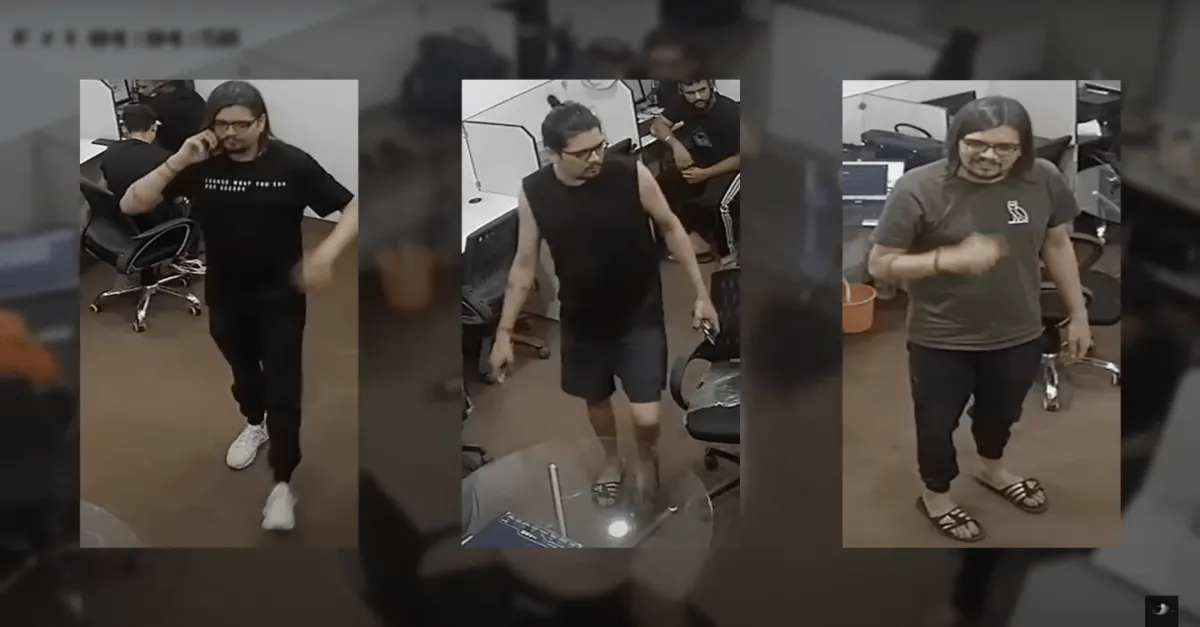Veterans Lose More in Scams than Non-Veterans

Key Takeaways
According to the Federal Trade Commission (FTC), fraud targeting veterans, service members, and their families cost more than $338 million within the past 5 years. The median loss for military scam victims last year was $894. This is nearly triple that of the population as a whole.
Scammers target veterans and their families in a number of ways, using veteran-focused twists on identity theft, phishing, imposter scams, coronavirus scams, and investment scams. Their goal? To intercept the benefits the government provides to veterans.
Here are some of the ways scammers have targeted Veterans in the past.
Advance Fee Scams
Veterans may receive messages about government programs they qualify for. While some programs might be legitimate, if you’re asked to pay a fee or provide personal information to learn more about the program, it’s a scam. Do not provide payment or personal information.
Pay for Access Scams
Scammers have been known to charge veterans for access to their service records or for government forms. You should never pay for these things. Instead, obtain them for free from the Department of Veterans Affairs (VA) or the National Archives.
{{component-cta-custom}}
Fake Charities
Scammers know that veterans like to support fellow veterans and service members when they can. Because of this, scammers create fake charities to request donations under the guise of helping a fellow military family. Always make sure to research any charity before donating and if they request a wire transfer or payment by gift card, run the other way. Browser protection can also help by blocking scam charity websites before you have a chance to fall victim.
Phishing Scams
Scammers conducting phishing scams impersonate the VA staff to seem more believable to veterans. The most popular tactic they use is requesting personal information to update the veteran’s records. You should know that the VA will never request your personal information by phone or email. To automatically block phishing websites targeted toward veterans, make sure to use browser protection.
COVID-19 Scams
Amidst the coronavirus pandemic, scammers are impersonating Tricare. They claim to offer COVID-19 test kits at “discounted pricing” to steal the financial information of veterans. Tricare is not making unsolicited attempts to sell COVID-19 test kits to veterans. If someone calls you claiming to be with Tricare, hang up the phone and call Tricare back using the customer service number shown on the back of your Tricare card.
Rental Scams
Rental scammers post advertisements for apartments or houses for rent. To target veterans, they also mention special military discounts for current and former service members. When contacted, they’ll request a payment up front before viewing the rental in person or may pocket the security deposit for a rental that never actually existed.
Warning Signs of a Scam Targeting Veterans
With so many scams targeting veterans, it can be tough to identify what is real and what is an attempt at a scam. By being aware of these warning signs, you can be better prepared to identify a scam.
- The VA contacts you without your initiation for any reason.
- You receive a high-pressure request for donations to a veterans charity you’ve never interacted with.
- An email or phone call offers to help you increase your benefits or access “secret” government programs.
- A rental or benefit requires advance payment before seeing the apartment or house.
Tips to Avoid Veteran Targeted Scams
If you receive an unsolicited phone call from the VA, hang up. If you suspect the caller may have been legitimate, call them back using their official phone number.
Don’t provide personal information. Things like credit card details or your Social Security number should never be provided over the phone or in an email unless you’re sure of whom you’re dealing with.
Use VA-accredited representatives to help you with benefits issues. The VA provides a searchable database of attorneys, veterans service organizations (VSOs), and claims agents who they have properly vetted.
Research properties offered to veterans at a discount. Make sure to verify ownership using online property records and do not make any payments until a contract has been signed.
Confirm a veterans charity is legit before donating. Evaluators like the BBB Wise Giving Alliance, Charity Navigator, and CharityWatch provide a wealth of valuable information about charities. If one isn’t listed on one of these websites, that’s a big red flag that you should run the other way.
Go through the VA for credible information about qualifying for benefits. This is the sole purpose of the VA and the information they provide will be most accurate and allow you to avoid benefits scams. If you aren’t sure how to contact them, find your local office here: Find VA Locations.
Use Browser Protection to block malicious websites and phishing scams. Scam attempts are everywhere both online and offline. The techniques scammers use continue to become more advanced, causing even the savviest computer users to fall victim. Avoid malicious sites altogether and remove some of the guesswork involved by installing browser protection.
{{component-cta-custom}}








